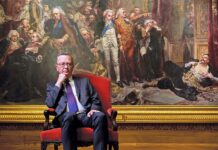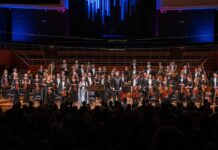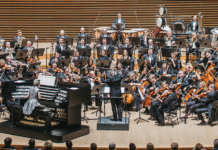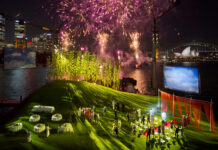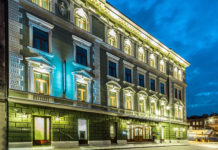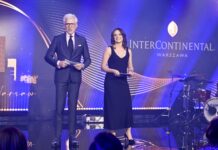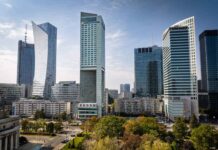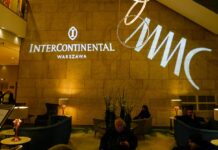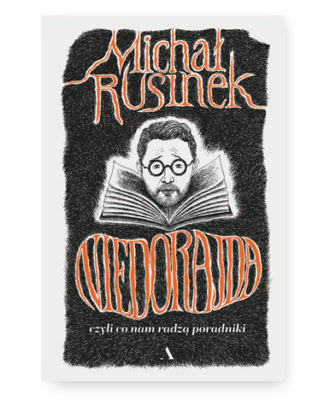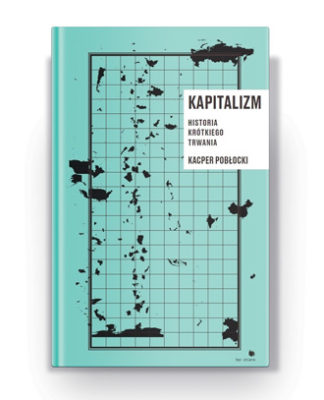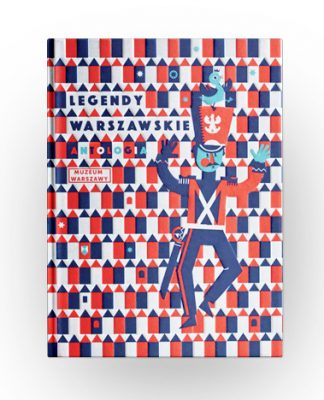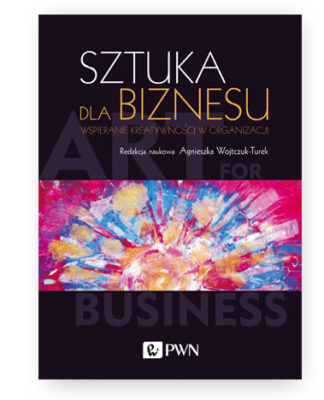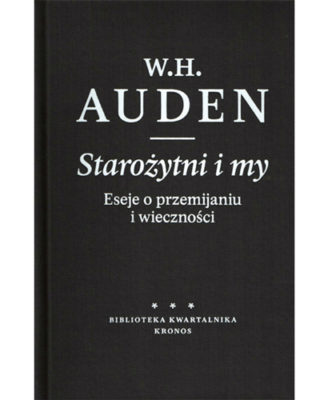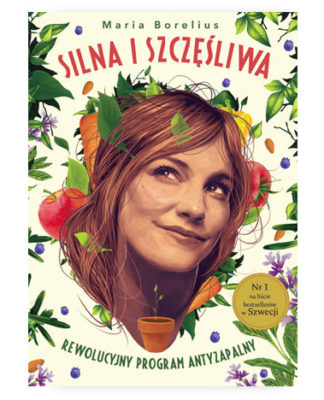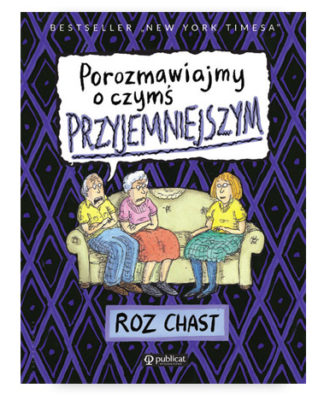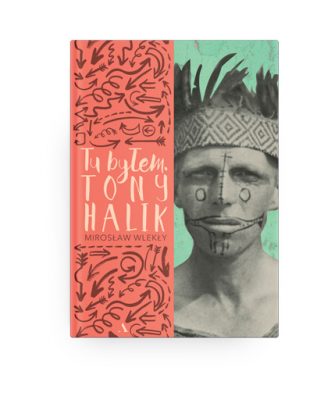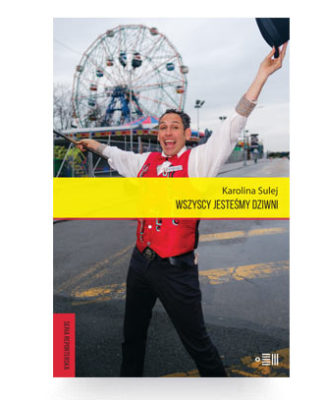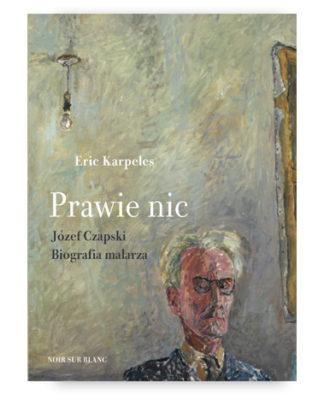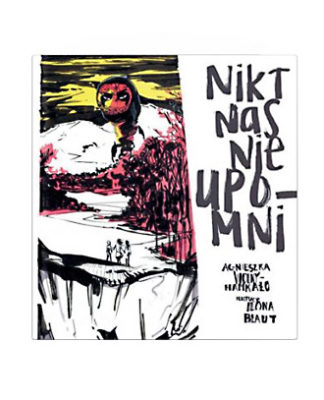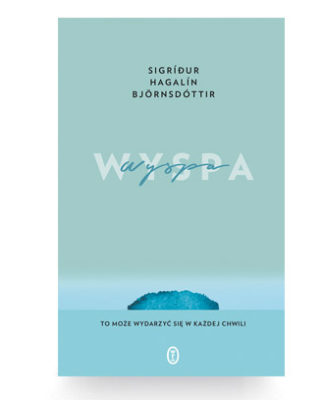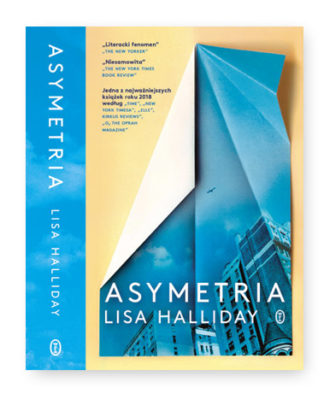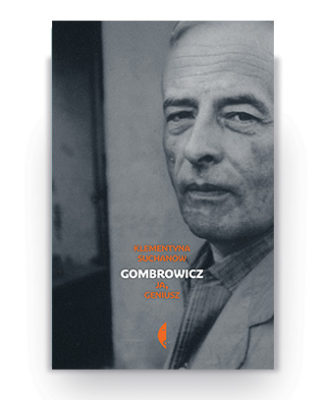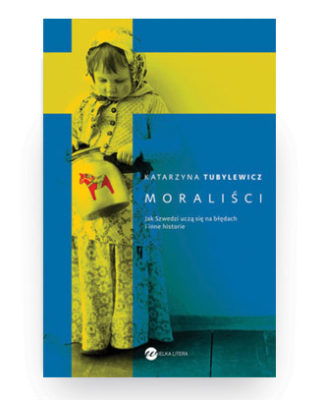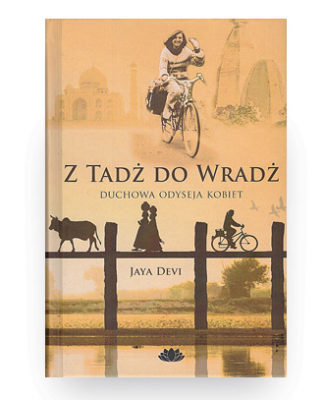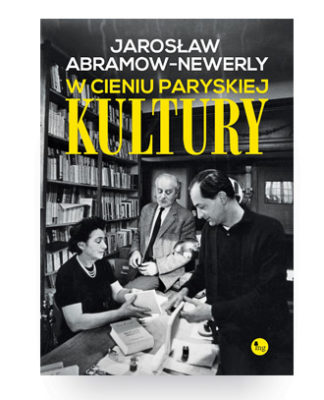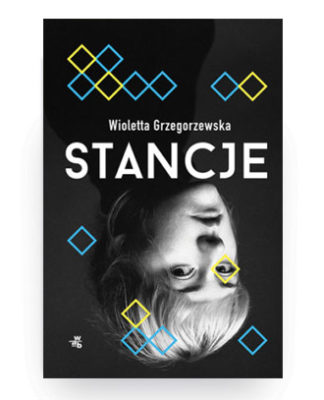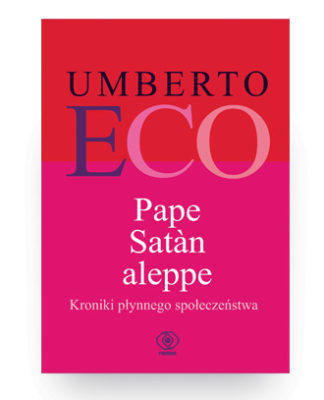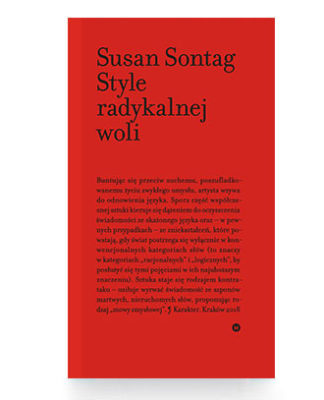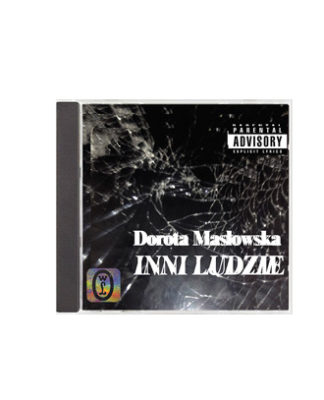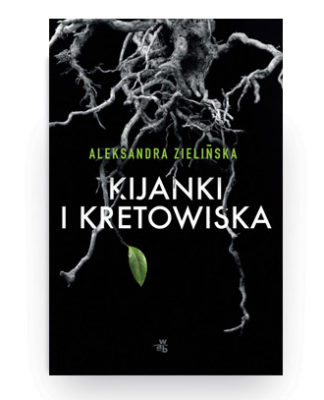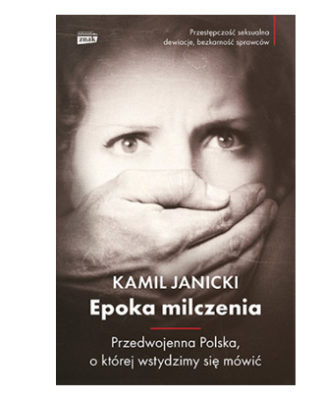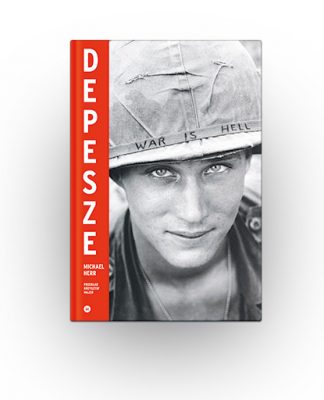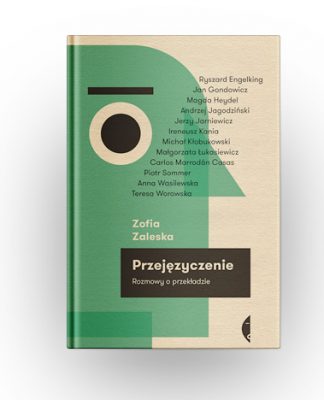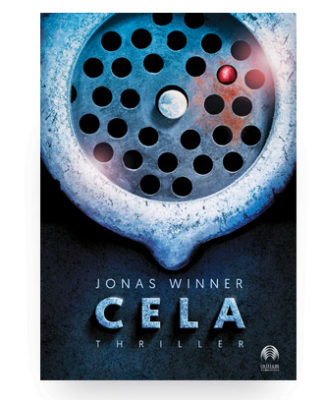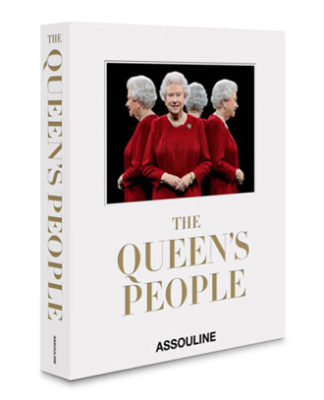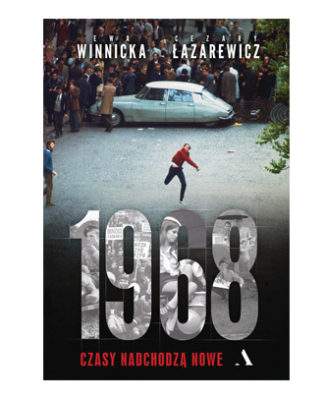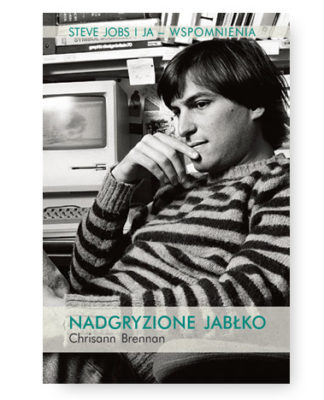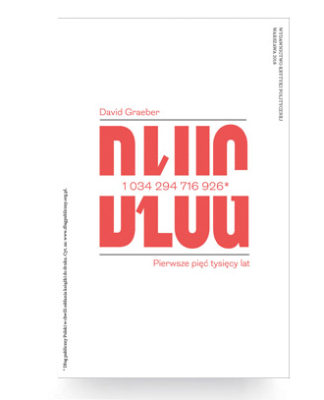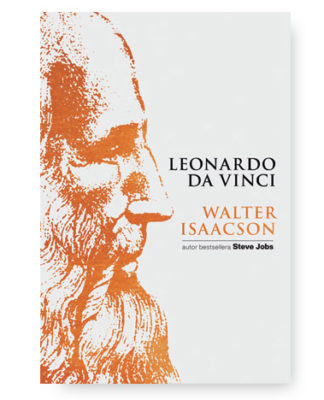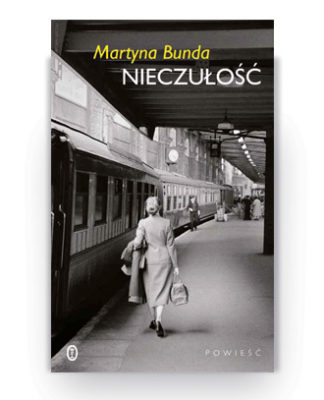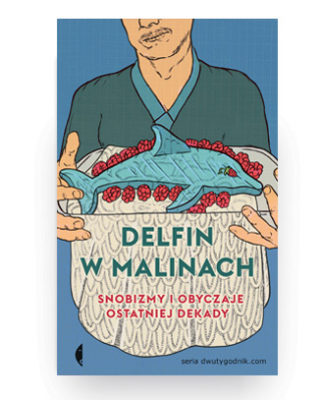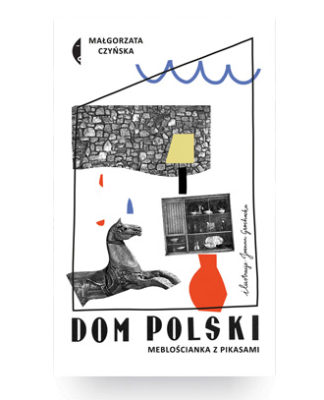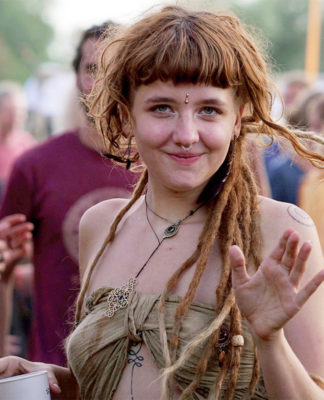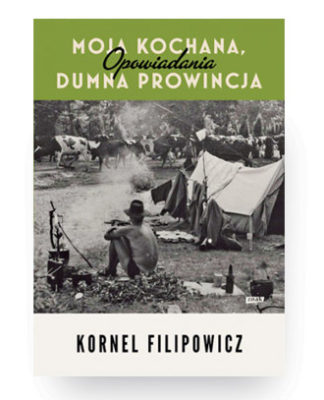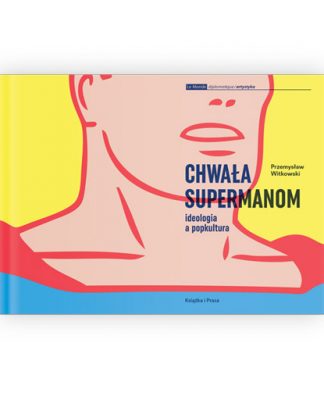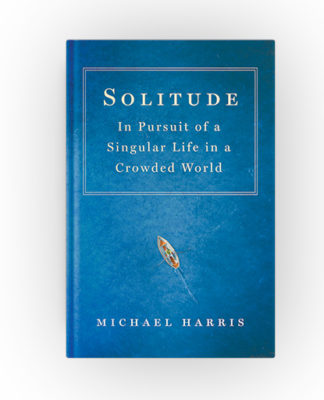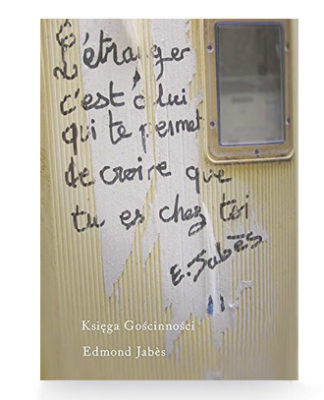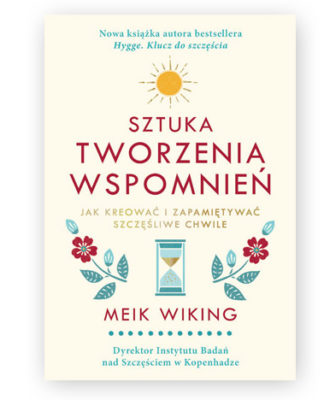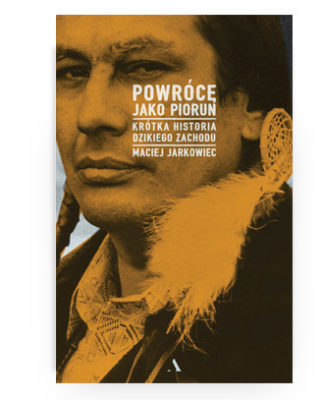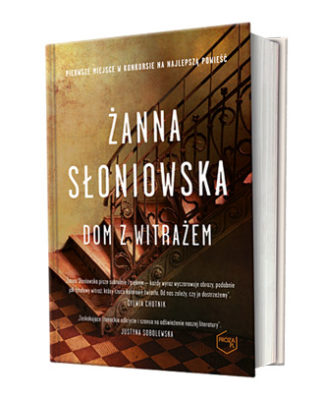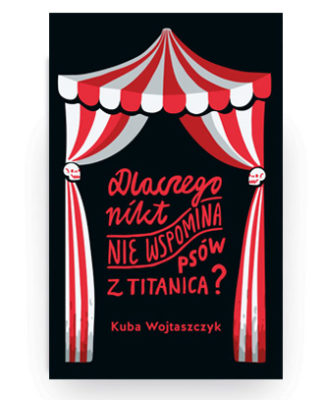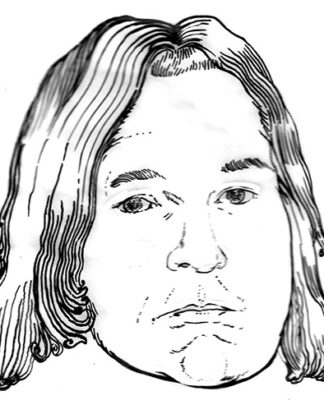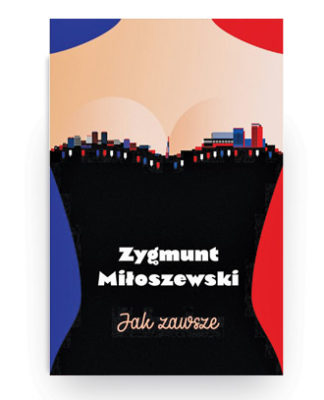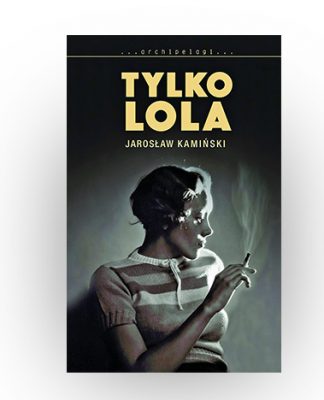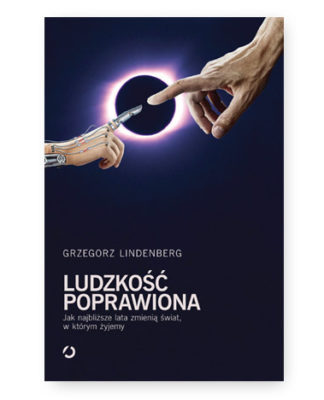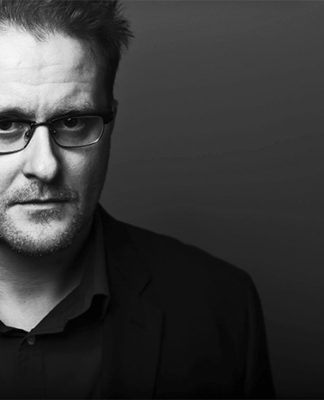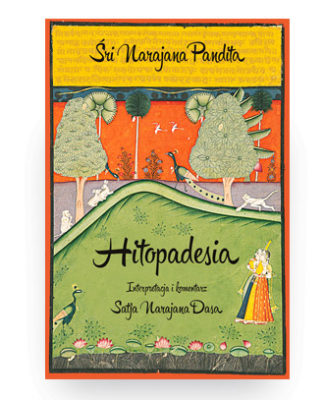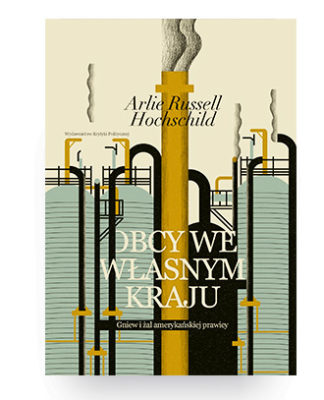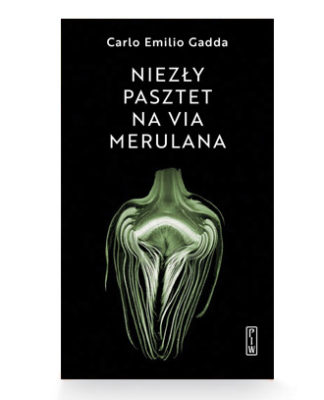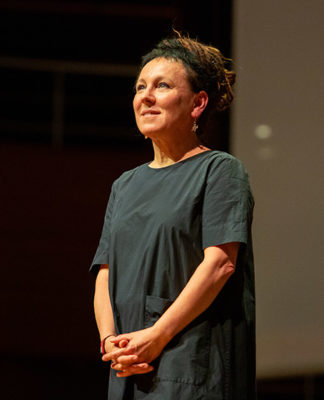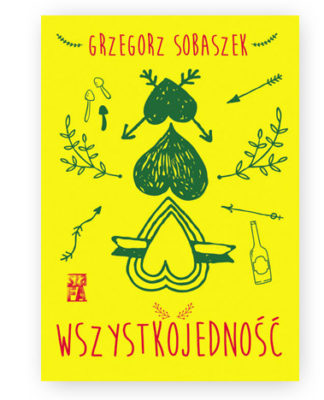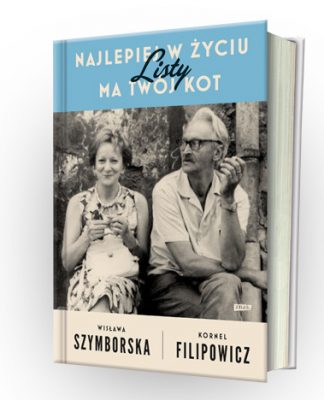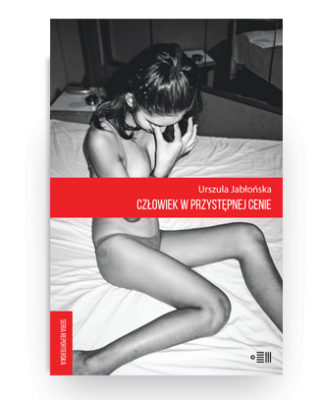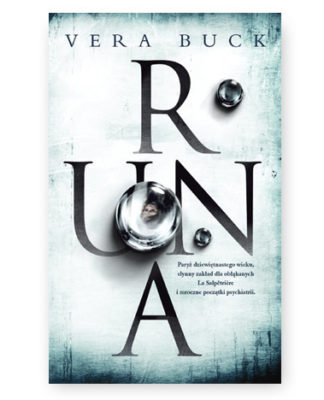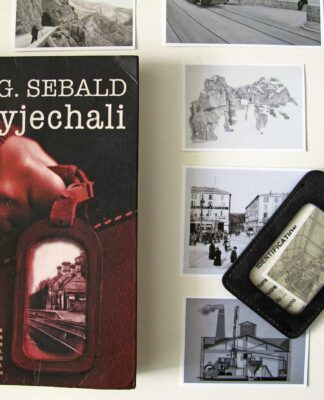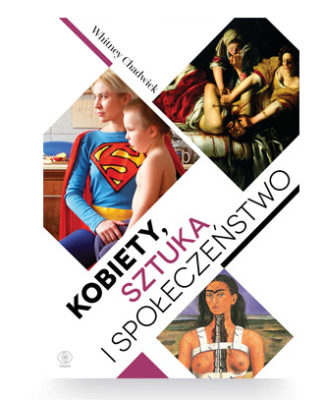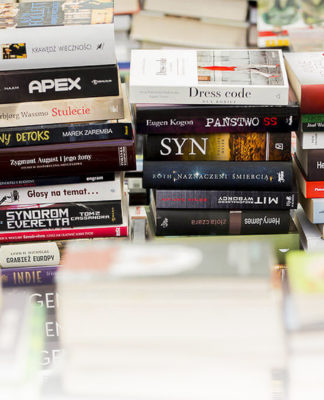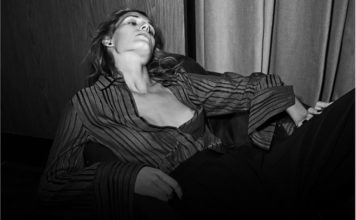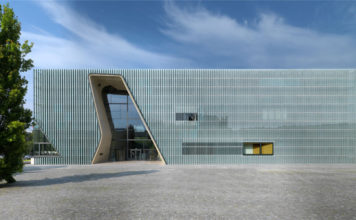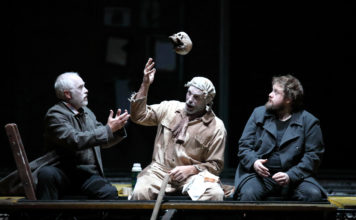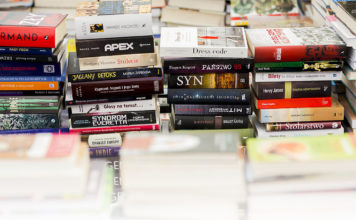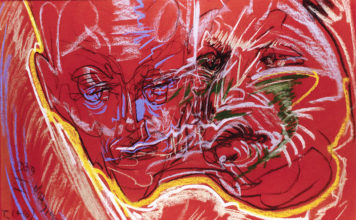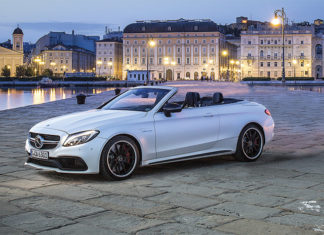Mariusz Kwiecień is one of the world’s most renowned and multi-award-winning baritones. He has dominated stages around the world, including New York’s Metropolitan Opera, with his acclaimed interpretations of lead roles in La favorite, King Roger, Don Giovanni and Eugene Onegin among others. Citing health reasons, he retired from performing in 2020 and took up the role of Artistic Director at the Wrocław Opera. Rebuilt in 1841, the opera house is currently celebrating its 180th anniversary. Kwiecień tells us how he has attracted audiences in their thousands, in spite of the pandemic.
Text: Jansson J. Antmann
Photos: Michał Zagórny
It sounds like a dream come true, to have been handed the keys to your own opera house. What’s it like shaping the company’s future?
It’s turned out to be a nail-biter! In our profession we plan two to three years in advance. However, when our general director Halina Ołdakowska and I came on board, no performances had been planned for the new season. We literally had three weeks to come up with our premieres, as well as casting them and inviting international stars to Wrocław. It was August and all the artists employed at the theatre were on vacation, so I didn’t even have a chance to meet the soloists.
On the other hand, it must have been something of a luxury to start off with a clean slate, instead of inheriting a schedule that can sometimes stretch up to seven years into the future.
Seven years would have been a luxury. I’d have had a whole year to calmly put my own plan together. Instead, I was faced with an incredibly difficult race against time. I was on the phone from morning till night trying to pull together a group of guest artists, who could find the time in their busy schedules and were often booked two or three years in advance.
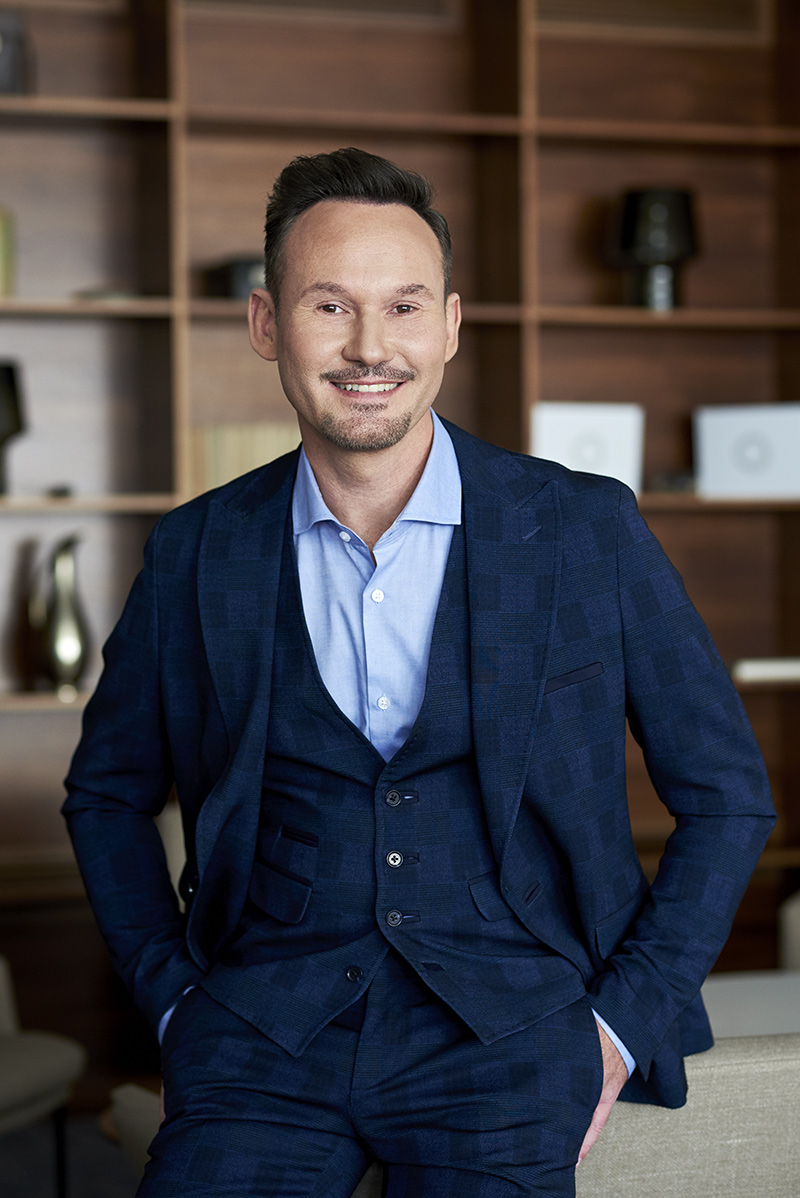
… and in the midst of a pandemic! What was your first year in the artistic director’s chair like?
I never had a moment to sit down! Even after we’d managed to piece together the puzzle, we barely had time to take stock, because we were derailed by Covid. There was a huge question mark hanging over the season and few planned performances took place. Instead of realising our ambitions, we had to adjust almost daily to the ever-changing situation, so that our theatre makers could continue to work and maintain contact with our audience. We had to reschedule premieres like Don Carlo, which was supposed to go on in June 2021 and will now open in 2022. Even if I could have afforded the luxury of planning 7 years in advance, I’d still have ended up with a house of cards in the face of such unprecedented events. When it comes to that proverbial chair, all I could do was occupy myself with budgets, administrative matters and try to plan at a time when it was virtually impossible to do so.
Nevertheless, the company wasn’t completely absent from the stage, was it?
Quite the contrary. We reached a global audience with our specially prepared productions. I couldn’t just sit back and wait for our theatres to reopen, so I treated the restrictions imposed on us due to the pandemic as a challenge to overcome. We have nearly 600 seats at the Wrocław Opera, but we expanded our reach well beyond that. 40,000 people tuned in to watch two performances of La Bohème. These weren’t standard streaming events either, because we pioneered new ways to ensure that the overall artistic experience wasn’t compromised. We employed the use of drones in our virtual performances and concerts, as well as consoles not previously used for opera. We even removed seats from the auditorium for these multi-camera broadcasts, so that music lovers watching at home could feel as close to the action as possible.

Imagine sitting in the comfort of your own home with four different camera views at your disposal, just like a director. You can choose to watch what’s happening live on stage, or observe the conductor, selected musicians and everyone’s favourite – the stage manager. Doing this never compromises the sound quality, unless you mute it to hear cues being called and watch the action from the bio box or backstage. Instead of commercials during the interval, I talk to some of the biggest names in the production including tenor Charles Castronovo and soprano Ekaterina Siurina. You can also go where few are allowed to go – the makeup room.
That said, opera needs to be experienced at a theatre. You can watch various performances online or on TV, but nothing can replace a live performance or applause. It’s very difficult for artists to perform an aria without the ovation that follows. We had a very tough year, but we used that time as best we could and refused to allow our wings to be clipped. Instead, we built up our capability and now our new season is underway. Despite the ever-changing circumstances, we’re confident we’ll cope and I’m already planning the 2023/2024 season.
Several directors have told me they’re planning six or seven years in advance. Is it possible to plan that far into the future in the current situation?
Circumstances have changed a little. Even the greatest artists, who’d normally know what they’re doing in five years’ time, have seen their contracts amended. Our reality has been totally altered by covid-19 and the lockdowns around the world, as well as the illness affecting artists. We’ll get through this, but we’re taking things slowly and only looking two years into the future at most. Virtually every theatre has been derailed and all cultural institutions that program in advance are in the same boat. We’ve even grown accustomed to performers cancelling at the last minute because they’ve fallen ill, haven’t been vaccinated, or don’t have a Covid passport. Artistic endeavours are proving hard to pursue at the moment.

How do things look budget-wise and what were the consequences on the company?
We are a people-centric organisation and nobody at Wrocław Opera was made redundant or deprived of an income. Sadly, the same cannot be said of some non-subsidised theatres, including those America. Even my beloved home of nearly 20 years – the Metropolitan Opera in New York – had to close. I have friends in the ensemble and I know the incredible problems they’ve faced. At times they even envied us, because we performed whenever restrictions were eased. Even when we were only allowed 50% of our total capacity, we were happy to get up on stage and hear an audience respond. There’s nothing worse than singing to a room full of empty seats.
Throughout the current crisis, we have heard from various politicians with no interest in supporting the arts. How do you compare the commercial model of arts funding to the subsidised model, which is more commonly found in former Eastern Bloc countries?
Nowhere is perfect. Neither the state-funded model, nor the private system are ideal. During the communist era, things weren’t that good either. Brilliant artists were denied passports and couldn’t travel, thereby denying them the ability to develop or become our country’s cultural ambassadors. Every art form underpins our national identity. Every nationality has its composers, artists, producers, directors, conductors, not to mention performers of classical, jazz, pop and rock music. Let’s not forget the visual arts or film either. Opera is a universal discipline that benefits directly from its cosmopolitan nature. We send our artists abroad, and in turn invite guest artists to perform on our stage. In doing so, we too have become part of the global scene.
A great example of this is our Youth Opera program. During the pandemic I decided to make our stage even more accessible to young artists taking the first steps in their music careers. They cannot travel abroad at the moment so, I’ve set about auditioning exceptionally gifted students and graduates of our academies. They can debut in our country’s theatres and refine their skills by performing alongside the best possible mentors in our premieres such as Mozart’s Così fan tutte. I also convinced mezzo-soprano Zuzanna Nalewajek to take part in the prestigious Klaudia Taev Competition in Estonia. In September of this year, she became the first Pole to win there. I believe that “high culture”, which underpins all the arts including today’s dominant pop culture, will always prevail.

It would help to have politicians like former Australian Prime Minister Gough Whitlam, who proclaimed that the arts are a measure of our civilisation during the opening of the Sydney Opera House in 1973; or American Senator Schumer, who recently said that you can’t have New York without Broadway.
Ideally, politicians and the media should unite in promoting „high culture”. I put that in quotation marks, because opera is the artform closest to humankind.
It works on so many levels that even the uninitiated can’t help but be touched by the singing, acting, text and design.
What support does the media provide?
I wish they’d get behind us more and realise that creativity is awakened in those who come into contact with the arts. This in turn improves their prospects for employment and beyond. I remember that in socialist times, you could watch operas at prime time on public television … and we did. Entire generations, including mine, were brought up on the music critic Bogusław Kaczyński’s program. I wish that public, satellite and private TV stations would be part of this country’s cultural life and not only focus on instant gratification and dividends. I am convinced that an investment in opera translates into an investment in today’s younger generation, which will thrive on its exposure to the arts. We must never deprive it or lose sight of this developmental opportunity.
How can this be achieved?
In Wrocław, we try to do the most with what little budget we have because we know that our audience deserves it. We sing and dance as well as they do at the Met or La Scala. We put on Weber’s Der Freischütz with the great Aleksandra Kurzak alternating as Agata. We’ve invited world-class superstars so that the money we receive from state and local government budgets goes toward performances of the highest quality. I can already see how we’re competing with film, musicals, the internet, and television series, while satisfying the tastes of discerning music and art lovers. By changing with the times and competing with other theatres, we’ve also succeeded in attracting renowned artists from around the world.

You mentioned the need to compete with popular culture. Can you imagine, for example, The Phantom of the Opera on the Wrocław Opera stage? After all, it has already been presented at La Scala, and next year it will enjoy an open-air staging by Opera Australia on Sydney Harbour.
Arguably the greatest tenor of our time, Luciano Pavarotti, organized a concert where the biggest pop and musical stars performed alongside him, singing both operatic and lighter pieces. I will never forget Sting singing with him. Why not invite Sting, Madonna or Justin Bieber to Wrocław? If they wanted to, I’m sure we’d find a title and fellow artists to suit them. I’m totally in favour of The Phantom of the Opera. In fact, I’ve been considering it myself, because there is a huge audience for that kind of repertoire. We’re putting on a New Year’s Eve concert that features the most beautiful melodies and arias from musicals and operettas, and next season we want to stage Wiener Blut. Our audience will no longer have to travel to Berlin to enjoy this wonderful artform performed to the highest standards by the likes of Renée Fleming.
What about ballet and other genres?
We have a very talented ballet ensemble, and in February we’re presenting Don Juan, a ballet choreographed by Giorgio Madia from Staatsballet Berlin. When we are certain that Covid is no longer such a threat, we also want to revive those incredible operatic spectacles that former director Ewa Michnik established years ago, both outdoors and in huge arenas. It will be family entertainment and something the general public wants to see. Obviously, it will be something lighter than Wagner, but still of high quality. We are here for the people and I would like our house to perform the broadest repertoire while keeping it classy. I won’t shy away from market forces.
This season you’re presenting Moniuszko’s beloved Halka. That should also keep the public happy.
After the Second World War, Halka was the first work staged in our opera house. The grand building at 35 Świdnicka Street celebrates its 180th anniversary this year and has enjoyed a lot of good fortune over the years. Rebuilt twice due to fires in the 19th century, it miraculously survived the occupation during World War II, even though the rest of the city was reduced to 18 million cubic metres of rubble. Halka has symbolic meaning for us and will always be close to our hearts. Tradition means a lot to us and opera has been a part of this city for almost 300 years. Our anniversary program even began with Der Freischütz by Carl Maria von Weber, who was a director here.

He was only 18 at the time, wasn’t he?
He was a very young man, when he was appointed Kapellmeister – today’s artistic director – but a few years later he went on to write Der Freischütz, which is performed the world over and remains an icon of operatic romanticism. Before the war, the Wrocław Opera House was a German theatre, but after the war it became Polish. Through Weber, we are able to bring the two countries together and weave our city’s identity into Cezary Tomaszewski’s brilliant production.
The anniversary program also includes the concert Raiders of the Lost Arias – a play on the title of the iconic film starring Harrison Ford.
I have to admit I was moved to tears when I saw some of Poland’s best young opera singers, including tenor Piotr Buszewski, baritone Szymon Mechliński and unparalleled soprano Joanna Zawartko, singing works by composers Franciszek Mirecki, Henryk Skirmuntt, Adam Minchajmer, Henryk Jarecki, Konstanty Gorski and Gabriel Rola-Rożniecki on our stage in Wrocław. This was the first post-war performance of some of these pieces.
Szymon Mechliński’s hobby is finding lost works by Polish composers and he’s done a great job. He visits libraries from Berlin to St. Petersburg and Milan searching for manuscripts, piano transcriptions and even fragments of scores of works that are completely unknown, forgotten or have never been played. We couldn’t resist letting Szymon complete one such work for the concert, which we fully orchestrated.
Why was this music lost? Was it a result of the war or another reason?
No information exists to suggest these works were ever performed. On the contrary, there is evidence that decades ago the sheet music was deposited in the libraries I mentioned. Even if they had been put on somewhere, it was never in a major opera house or concert hall, because it was never recorded in the archives. There are dozens of these arias and operas, and Szymon Mechliński has recorded over 70 arias himself. If there are that many for baritone alone, imagine how many pieces there must be in total. We will periodically try to put on further concerts of forgotten works by Polish composers.

Do you see a life for this music beyond these concerts?
It’s like a needle in a haystack. This project was created especially for the Wrocław Opera and our artists. There are many music connoisseurs around the world, looking for unknown works, which have been newly discovered and performed for the first time. We’re not just talking about newer compositions, but pieces that go all the way back to the Romantic and Classicist periods – more or less from Rossini to Donizetti’s times – so it’s gorgeous music, rich in melody and boasting beautiful Polish text and poetry. Like everything else in Poland, it’s all about love, tragedy and loss. I think that it is a rarity for any true music lover and opera connoisseur. We’re still uncovering more gems like these, and together with Szymon Mechliński we’ll prove there’s more to opera than a few popular arias.
This year’s repertoire does include favourites like Tosca.
Yes, we’ve opened our beautiful, monumental production of Tosca by Michael Gieleta and Gary McCann. There’s Der Freischütz directed by Cezary Tomaszewski, and in February we will present Don Juan. Then we have Manon, which has never been performed in Wrocław. Apart from Werther, Massenet’s oeuvre isn’t generally performed in Poland, so we decided to do it. What’s more, the masterly Ekaterina Siurina and Charles Castronovo are alternating in the production with the wonderful soprano Hania Sosnowska and Rame Lahaj, a brilliant tenor who has conquered the world stage. Then we have The Marriage of Figaro by Mozart. This is part of my Youth Opera program and features a very young but incredibly talented company of artists, who are all under 30 years of age. Finally, at the end of the season, we will open Don Carlo, which was postponed last season.
Can we look forward to any works by Henry Purcell?
I began my career with Dido and Aeneas, while I was still a student in Cracow. It’s a beautiful opera. However, I’m thinking of Purcell in terms of the Baroque festival, and not as part of our repertoire. Perhaps we’ll be able to buy or rent a production from abroad. At the moment we’re simply glad that we’ve sold practically every last seat to our performances. It is a source of great joy for me to see that the people of Wrocław are eager to support us and are showing an appetite for beautiful, new productions.

Wherein lies the magic of opera?
For me, the art of opera lies in the challenge to create, charm, conquer, dominate, seduce, terrify, and delight. It’s not just about singing or acting. It’s all those things that go into the artform that interested me the most. It has always been important for me to convey the right emotions and to devote myself one hundred percent to a role and the stage. It’s total exhibitionism and at times a catharsis. That certainly was the case with Krzysztof Warlikowski’s production of King Roger in Paris. Walking home after the performance, I was so caught up in my own world that a car nearly ran me over. It was the first time during an onstage performance that I’d stopped identifying as myself. I wasn’t Roger, but a creative being transformed and liberated from the constraints of an absolute identity. It was an extremely beautiful moment that I’ll remember for the rest of my life. It was then that I understood why I’d become an opera singer.
In any other field, it would have been impossible to give myself so completely to what I did, both physically and mentally. No other profession affords you the opportunity to experience that. I could act in a play, but opera has that extra ingredient of song. Music is something heavenly that elevates us to a higher plane and touches the hearts of our audience in a way that is unparalleled.
Will we never have the opportunity to experience that connection with you again?
No, I won’t sing anymore. I still use my voice when I conduct masterclasses and give demonstrations to the participants in my Youth Opera program.
If it were not for the ailments of my spine, knees and cervical vertebrae, I would probably have continued performing. My voice is still fresh and in good shape. I can sing all the arias and parts normally. However, somewhere along the line I lost faith in my body and its ability to do what I wanted. It was restricting my performances on stage and I couldn’t kneel down
or get up anymore. I had to think carefully about how I raised my sword, in case I twisted my spine. In the end, it was causing so much discomfort that all I could do was stand on stage and sing in concerts and recitals. As I said before, I was drawn to opera by the complex picture we paint as artists in a scene. Simply standing there and delivering arias from start to finish doesn’t interest me. Now, as artistic director, I much prefer to sit back and appreciate what wonderful singers I’ve assembled and watch them perform in my theatre. |






